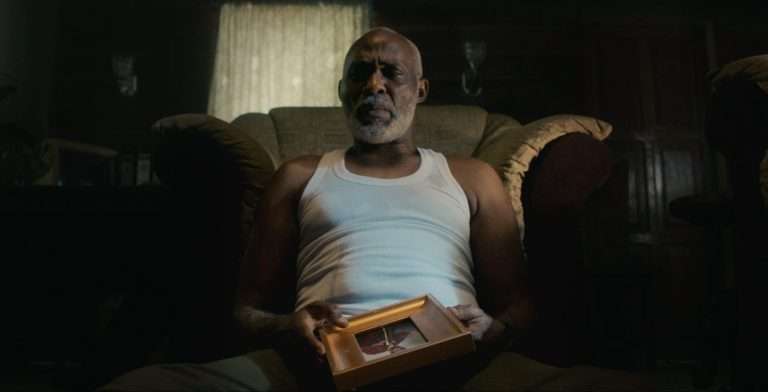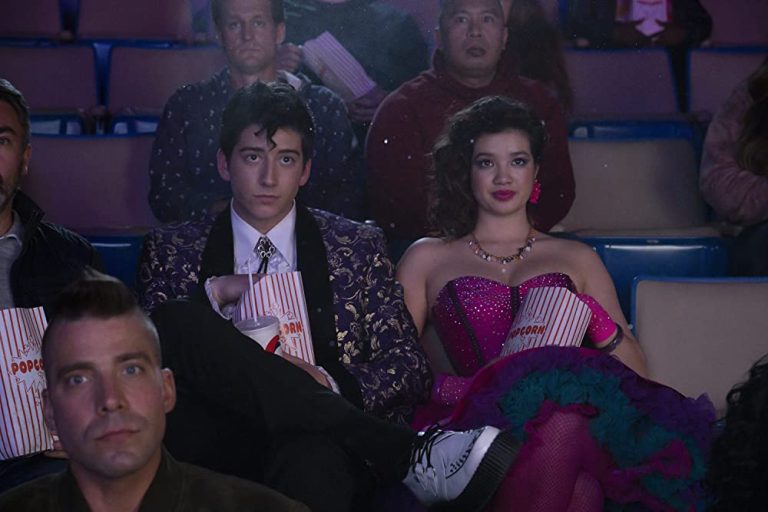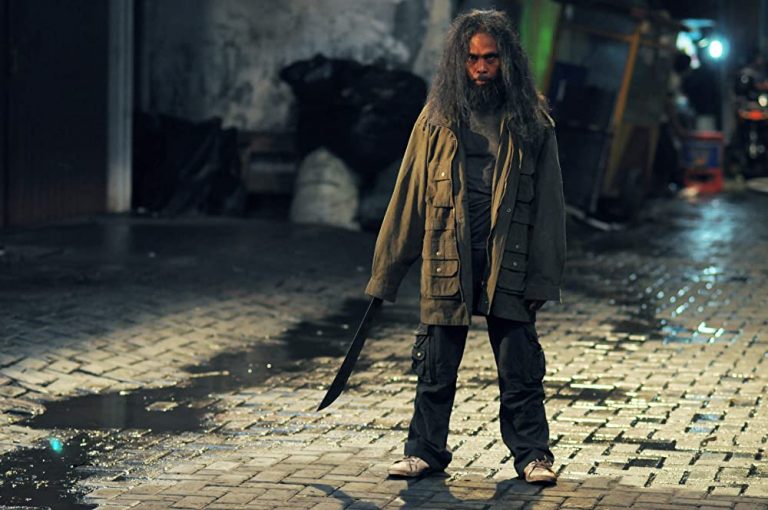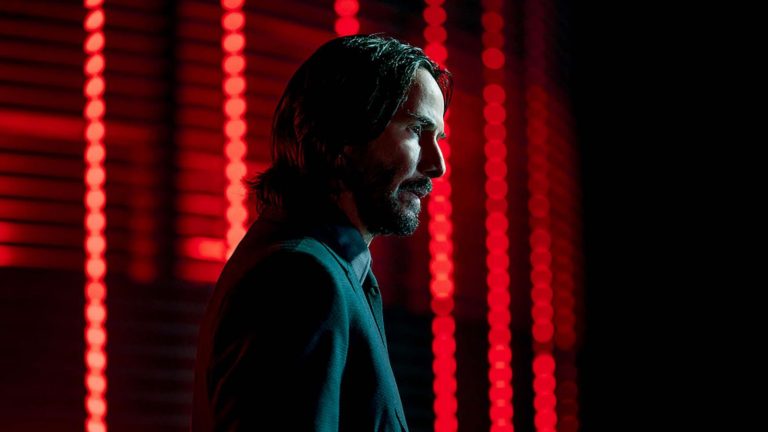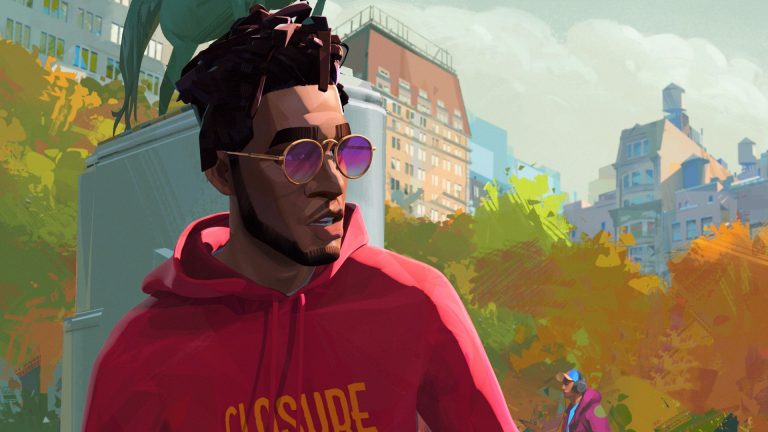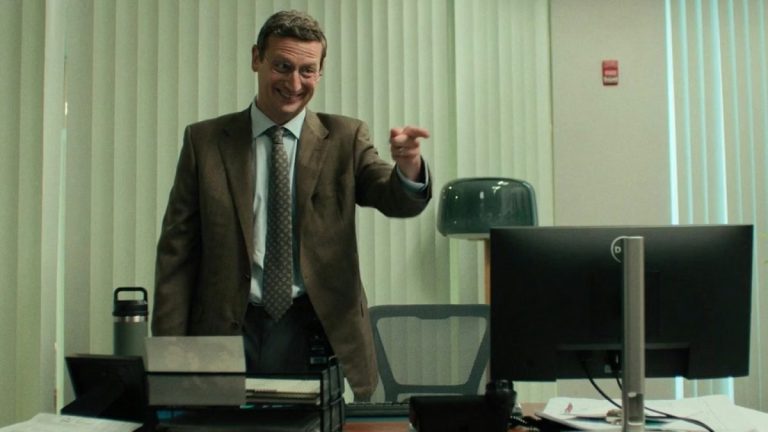An empty bag of groceries floats in the air in war-torn Sudan, and nothing else. A video taken from a mobile phone shows an air raid attack. We then become acquainted with the specifics of the country that, for a brief period, believed in a democratic future and transition. At some point, its young members slowly, but decidedly, decided that in the fight-or-flee equation, fight might not be the best option.
In Hind Meddeb’s sometimes breathtaking “Sudan, Remember Us” (the film premiered at the 2024 Giornate degli Autori section of the Venice Film Festival), Khartoum becomes the nourishing soil for a generation of young activists and artists who have their chance to save (and change) their country. After the 30-year (1989-2019) rule of Colonel Omar al-Bashir, hopes are high that a democratic government (a ‘citizen’s government’) will finally be in place.
Flash-forward to 2025, and international news (when they decide to put Sudan in the headlines) provides all the latest updates about the new Civil war between the Sudanese Armed Forces and the paramilitary Rapid Support Forces. Sudan, Remember Us” tells us that 12.7 million Sudanese have been displaced (up to the 2024 film release), and 150.000 killed during the last war. So, what happened in between?
Even though some harrowing scenes are depicted here (primarily through guerrilla footage), the French-Tunisian director (and also cinematographer) Hind Meddeb talks to people, the silent factor in this internal military conflict that seems to be about them, without them. The young Maha, Shajane, Muzamil, and Khatab are both activists and artists, part of a street generation culture. The not-so-silent majority, both patriotic and critical of policies that deny some people the right to live and express themselves, is determined to take the future into their hands.
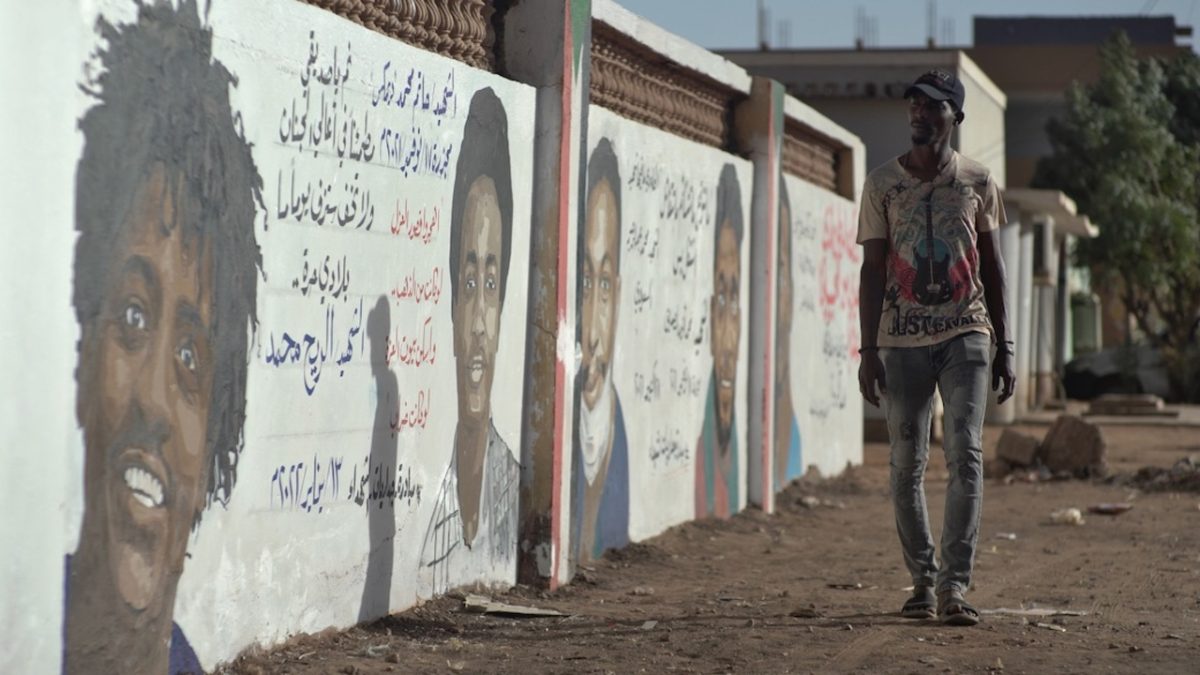
The first focus is the events and the sit-in demonstration that culminated in the Khartoum massacre, the last day of Ramadan (3 June 2019), in which militia forces suppressed the non-violent demonstrators in the most harrowing way. “Sudan, Remember Us” briefly focuses on the event, but refuses to victimize; the Khartoum protesters are oral storytellers, conveying their message through murals (“don’t forgive/don’t forget”), songs, and rap performances.
Here, gender balance is not only observed but imposed as a natural condition; we even hear of a dream of a ‘feminist revolution in an Arab world. Protagonists in “Sudan, Remember Us” are pragmatists, though; they expect the worst, but prepare for the best response. Meddeb’s camera moves from crowds and protests to individual interviews with her chosen participants. All of them are determined to succeed (‘Bullets don’t kill. What kills is people’s silence’), and also ready to use their artistic voice to make things happen.
This matter-of-fact determination anchors the whole film in a cultural setting which seems both congenial (music and art provide invention instead of destruction) and appropriate for a country which has suffered, since its 1956 independence, a heavy load of armed conflict, oppression, and suppression, with the Western world looking the other way. Meddeb cleverly doesn’t anchor her film in the lack of Western aid. Instead, she focuses on the beginning and aftermath of a quiet revolution that remains unknown outside the home country she’s documenting.
She’s also cautious not to make her subjects martyrs (even though prison arrests seem to be an ordinary situation in a military-governed country). They are just young people who dare to dream of a better society. Always relevant and most of the time illuminating, “Sudan, Remember Us” is a well-positioned chronicle that has its heart and voice in the right place, unlike the overall political situation in this distinctive African country. It can empower and inform people.

